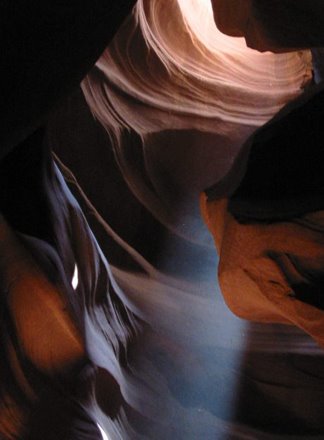
I'm in the midst of reading MYCELLIUM RUNNING by Paul Stamets, an amazing book that shares his ideas of the four major ways that mushrooms can help save the world. I can talk about mushrooms at length, and do, at the drop of a hat. At the drop of anything, really...it doesn't just have to be a hat.
Mycellia are the organism that produce the fruiting bodies we know as mushrooms. Mycellia are made up of networks of thin, threadlike cells that grow beneath the soil and do the most incredible things, like create ecosystems.
Mycellia, along with soil microorganisms and bacteria, are responsible for breaking down all the dead and waste stuff of the planet so that everything else can use it to live and grow. Mycellia hold soils together, enrich it by breaking down matter into constituent molecules easily absorbed by other living organisms and in doing so BUILD the soil, one of my favourite things to do and something that should be a new goal for humanity, in my view.
I can go on and on about how great mushrooms and their mycellia are - it could fill several books. I don't want to write all that now, so i'm skipping to the 4 ways Paul Stamets proposes mycellia will help us save our world.
1. Mycofiltration - meaning filtering with mushrooms. By growing mycellial networks, it's been discovered that dangerous organic pollutants like fecal/agricultural runoff can be cleaned out of groundwater. The networks use the super-rich pollutants (manure runoff that gets into the ground water from feedlots, for example) to grow themselves, filtering the waste out for their own use and letting the clean water continue on.
2. Mycoreforestation - meaning growing forests with mushrooms. Amazing studies have shown that a type of mycellium known as mycorhizal fungi create networks that sustain other plant life in a very deliberate manner. The mycellium will grow right into the root systems of plants and trees, and funnel nutrients right into them! One incredible study done involved a small copse of trees where there was also a mycorhizal network present. The copse was made up of a douglas fir, a cedar and a birch tree. The experimenters wrapped the douglas fir in fabric so that it couldn't photosynthesize, and then dumped some tagged sugar into the soil so that they could track it. The study found that the mycellium fed the doug fir that couldn't photosynthesize more of the tagged sugars than to the birch or the cedar - taking care of the tree in distress.
From studies like this, it's believed that forests depend on mycellial networks to grow and flourish, to help regulate growth and distribution of nutrients, and that promoting the growth of fungi is what's been missing in our present reforestation projects.

3. Mycomedicinals - meaning medicine from mushrooms. Many, many mushrooms produce all sorts of enzymes, chemicals, antibiotics and antibacterials that have been found to be helpful to humankind. Research has been done into treating cancer, smallpox, anthrax, flu and AIDS with medicinal compounds sourced from mushrooms, but very little is known. Many cultures have used mushrooms medicinally for thousands of years, but science hasn't quite caught up. We could have a medicine chest growing under our feet and in the woods all around us, in danger from deforestation and terrible logging practices, and we don't even know it.
4. Mycoremediation - meaning cleaning up pollutants with mushrooms. Similar to mycofiltration, the bioremediational aspects of fungi are astounding. One study quoted in Paul Stamets' book was of a remediation study done in an old diesel refuelling lot. The soil was scooped up into four mounds, and then three of the mounds then had a remediational technique applied to it, keeping the fourth as a control. The mound inoculated with mycellia underwent profound changes and a staggering drop in the percentage of pollutants found within eight weeks, while the mounds that had been treated with bacteria and chemical enzymes were still as stinky and polluted as the control mound.
It boggles me to think about the huge implications mycellia could have. We could heal our cities and polluted areas and ourselves, regrow healthy forest ecosystems...it makes me crazy-excited! So...coming in the mail in a week or two will be the spawn of our own mycellial networks, for our gardens. We're revamping our gardening techniques to include these new fungal allies - i've been looking into no-till gardening techniques. I'll report all kinds of stuff on all this later. Hooray mushrooms!!!

mushroom pics by Ken Blackwell, Malcolm Storey and Dave Hughes, all found on the internet.






